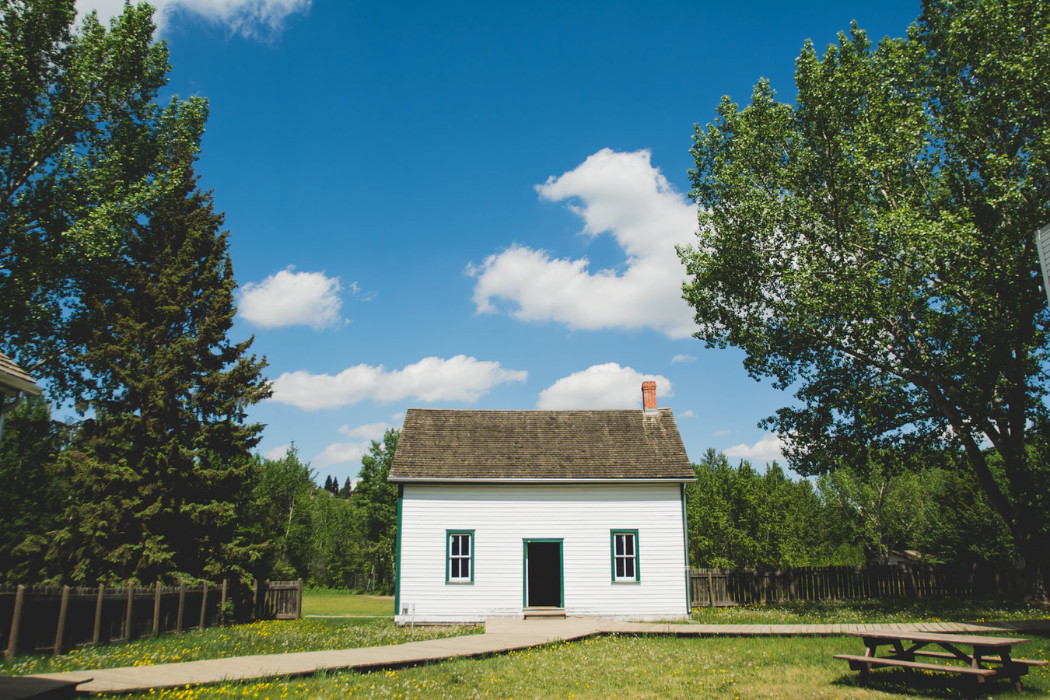Synge’s Riders to the Sea has a unique place in dramatic history. The essence of its uniqueness lies in the creation of a true tragedy within its boundaries of a one act play. At first sight, the plot would seem too trivial and the characterization too faintly sketched to enable the playwright to build up and communicate the typical momentum of a high tragedy. However, as the symbols and imagery arrest our attention, the tragic poetry in the speeches pierces our hearts and we understand the deep pathos underlining a lamenting mother’s calm surrender to Fate; this play of a single act which hardly fills ten pages in print rises to the stature of a deeply moving tragedy.
The one-act play is a special exponent of the modern theatre with its own distinct set of law and techniques. Riders to the Sea has the perfect architecture of this art form. In keeping with the tradition of a one-act play, what Synge presents in Riders is “a slice of life” – a few hours from the life of a poverty-stricken peasant family which show how their lives are in true sense a “struggle for existence” against the forces of a pantheistic sea that nourishes them but in turn swallows their breadwinner men in compensation. This microcosm of a scene is in actuality the representation of the whole macrocosm of the sea-battered Aran Islands – the last outposts of man’s husbandry in Atlantic. Life and Death are interwoven within the single matrix of the islanders’ lives and tragedy emerges from this death-in-life existence of theirs.
In keeping with the dictates of a one-act play, Riders duly maintains the three unities. The unity of action is achieved by the dramatist through the single situation of the death of the two last men of the family, Michael and Bartley without entering into any digressions or elaborate character sketching. The main protagonist of the play, Maurya elevates to the level of a Hecuba or Niobe in the way responds to the single dramatic situation of losing her last son. The unity of place and time are also maintained since Maurya’s little cottage is the scene of the whole dramatic action and there are no time gaps between different scenes. All this creates a unity of effect which is pre-requisite for a successful one act play. It is worth noticing here that it is this unity of effect of Riders which contributes greatly to its elevation to the stature of a tragedy. The tragedy of Maurya’s family hits us all the more pointedly because of its singleness of impression.
Riders indeed has the laconic brevity of a one-act play but even that works in its favor as a tragedy. There is no profusion of imagery. The world outside the cottage is realized in intimate details through a strict economy of words – the white rocks, the black hags, tide turning to the wind and so on – all of which help build an atmosphere of ominosity and impending doom. Even the symbols engaged in the play such as the pot-oven and the coffin boards, nets and oil-skins, the pig with the black feet, nails and spinning wheel – all arise from the basic motif of the struggle between the man and Sea. There is nothing in this one act play that has not been inserted to enhance the tragic effect.
Hence, it would not be an exaggeration to conclude that the limitations imposed on Riders due to its one-act play has greatly contributed to its brilliance as a tragedy. Synge manipulates the themes and the dialogues to fit within the concentrated structure that a one-act play demands. This gives the play its distinct tragic intensity. Riders could not be made to last for even a few more minutes without running into morbid sentimentality.
Riders’ one-act format instills in the play its majestic simplicity which imparts Riders with the depth of Greek Drama and Scottish ballads where the conditions of the essential conflict are known making any detailed exposition of plot or character unnecessary. The action and conflict which seems to be lacking arises from the primal struggle between man and humanity and death, man and nature, singly and collectively. The human opponents are on two levels: The Rider Bartley who must ride through the Sea and meet his inevitable end Maurya who becomes Sea’s direct antagonist by trying to prevent Bartley from going. The Sea is the ultimate nemesis, the Fate or the Immanent Will in front of which the islanders have to bow down. The dialogues written in the poetic Anglo-Irish dialect soar harmonizing with the emotions evoked.
Due to its one-act form there are no unnecessary situations, no conflicting side-issues. From the moment the curtain rises, the audience is drawn inexorably towards the climax, the momentum built through the feverish speeches of Maurya –“If it was a hundred horses, or a thousand horses you had itself, what is the price of a thousand horses against a son when there is one son only?” Through the atmosphere of premonitions set up through Celtic customs, manner, beliefs and superstitions, the final resolution or the catharsis is arrived at with a calm acceptance that is more stoical than Christian. This lifts the play from a local to a universal plane and the final impression produced is that of a Greek tragedy: “calm of mind, all passions spent”. One finds from the first to last the presence of the Sea and a sorrow that has majesty as in the work of some ancient poet.
James Joyce had advised Synge – “You cannot have a tragedy in a play that last for twenty minutes”. It is evident that Joyce was mistaken in his view of Riders. If all else fails, then the keening of the women in the end bring in another temporality to the play. It adds to it, not acts and scenes but measures of tragic experience. We are reminded here of Corkery’s observation who find Riders on a level far above Synge’s other works and states “If he had not written Riders to the Sea, he would not only have been a less great writer but he would have been an infinitely less great writer”.
Some online learning platforms provide certifications, while others are designed to simply grow your skills in your personal and professional life. Including Masterclass and Coursera, here are our recommendations for the best online learning platforms you can sign up for today.
The 7 Best Online Learning Platforms of 2022
- Best Overall: Coursera
- Best for Niche Topics: Udemy
- Best for Creative Fields: Skillshare
- Best for Celebrity Lessons: MasterClass
- Best for STEM: EdX
- Best for Career Building: Udacity
- Best for Data Learning: Pluralsight

















brilliant!!!